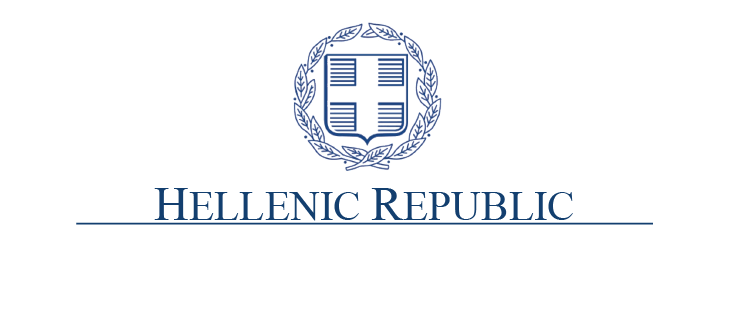Public audit and law enforcement bodies join forces to fight corruption more effectively
The establishment of the National Coordinating Body for Audit and Accountability (ESOEL) by Law No. 4622/2019 introduced an institution whose mission is to stregthen coordination and interactive communication between public audit institutions.
This body consists of the heads of fourteen (14) inspection, audit and anti-corruption bodies and services, namely: a) the National Transparency Authority, b) the Financial Police, c) the Internal Affairs Service of the Security Forces, d) Directorate of Financial Inspection of the Hellenic National Defence General Staff e) Internal Affairs Service of the Ministry of National Defence, f) the Inspection Directorate of the Ministry of Foreign Affairs, g) the Internal Audit Directorates, h) Internal Affairs of the Independent Public Revenue Authority i) the General Directorate of Financial and Economic Crime Unit (S.D.O.E.), j) the General Directorate of Fiscal Audits of the Ministry of Economy & Finance, k) the Fiscal Audit Committee of the Ministry of Economy & Finance, l) the Health Expenditure Control Service of Social Security Funds of National Organisation for Healthcare Services Provision, m) the General Directorate of Environmental Inspectors of the Ministry of Environment and Energy, and n) the Cyber Crime Division of the Hellenic Police.
The main objectives of ESOEL are the exploitation of synergies between its members, the structured exchange of expertise and best practices, and the implementation of joint actions and missions.
The NTA has created a digital restricted access site (microsite) on its intranet for all ESOEL members. This site allows ESOEL members to communicate, be informed by their colleagues and exchange point of views on audit procedures and standards, international developments and coordinate the activities of all individual working groups.
The ESOEL members had the opportunity to present their organisational and operational structure and objectives, to analyse emblematic cases, while four specialised working groups were set up to develop practical tools to contribute to the standardisation and modernisation of audit procedures and methodologies. The selected topics identified through an electronic questionnaire included Performance Audit, the Attribution Process, Data Analysis Methodology and Interview Techniques.
We strengthen coordination. We combine forces. We improve the impact of our actions. We enhance citizens' trust in public audit and law enforcement bodies.
 EL
EL  EN
EN 
